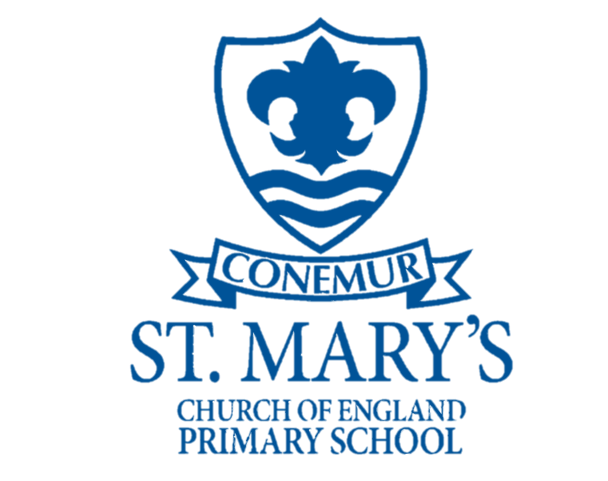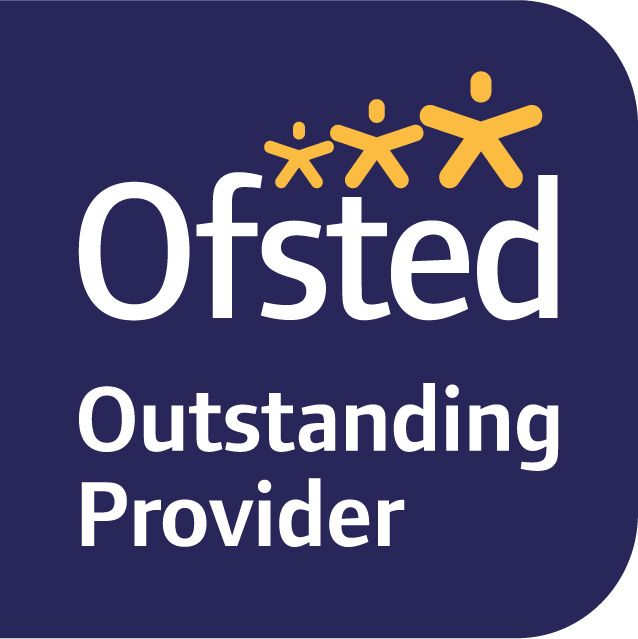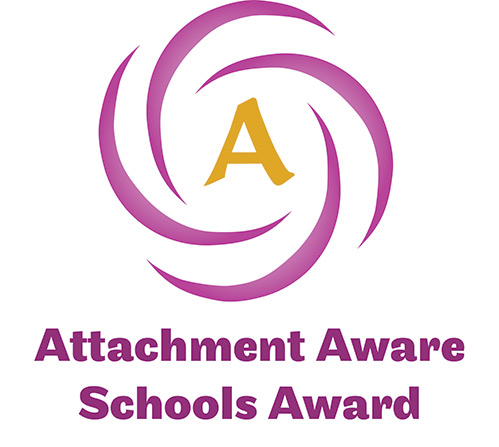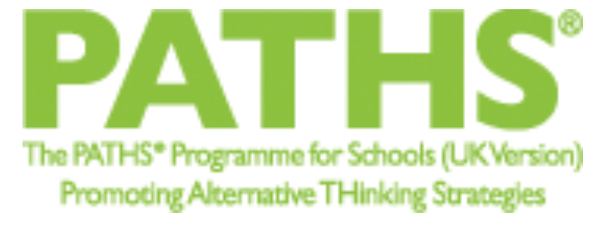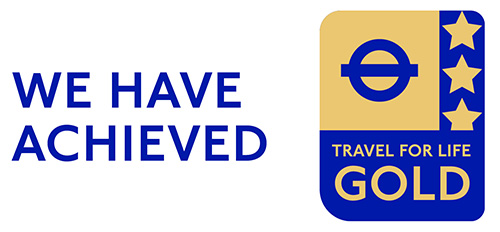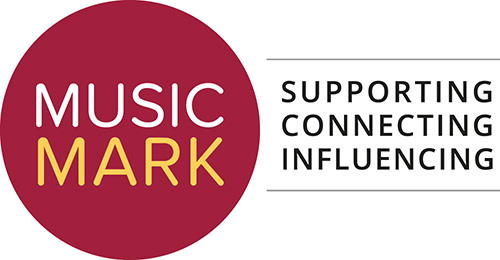At St Mary’s CE Primary School, the safety of children is our greatest priority. We are committed to safeguarding and promoting the welfare of children and expect all staff, volunteers and visitors to share this commitment. We believe that every child has the right to grow up in a safe and loving environment.
We have four Designated Safeguarding Leads (DSLs) at St Mary’s who oversee the school’s safeguarding practices. The designated safeguarding leads have a duty to refer cases of suspected abuse to Children’s Social Care and monitor cases of suspected abuse closely.
Should you have any concerns around the welfare and safety of your child or any other child at St Mary’s, you can contact a DSL via the office phone numbers or you can email headteacher@st-marys.richmond.sch.uk. The school’s Safeguarding governor is Adedayo Shittu-Balogun.
Infant site – 020 8892 5840
Middle site – 020 8249 6836
Junior site – 020 8892 7849
Our Safeguarding and Child Protection policy and other related safeguarding policies can be found on this page: policies page.
Single Point of Access
St Mary’s has a duty of care to its pupils and part of this duty is to report concerns to the local safeguarding and child protection team. Our referrals are made to SPA (Single Point of Access) in Richmond, using the following telephone number 020 8547 5008 from 8am to 6pm, or 020 8770 5000 out of hours. If children live in the borough of Hounslow, we contact their child protection support on 020 8583 6600 from 8am to 5pm, or 020 8583 2222 out of hours.
If you are concerned that a child is being harmed or neglected, you should contact SPA using the above numbers or call the police directly on 999 if it is an emergency.
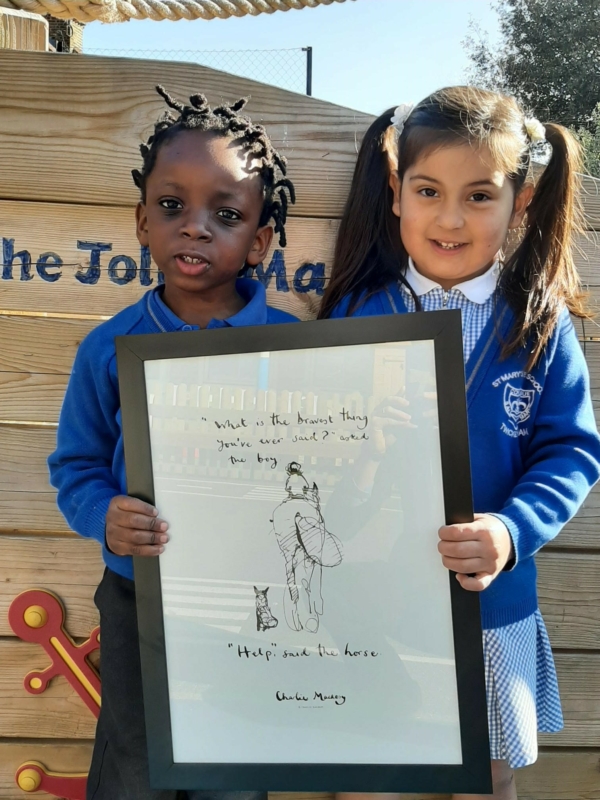
How do we keep your child safe at St Mary’s?
Below is an overview of the areas of school life which ensure the safety of our children:
- Safe recruitment of staff – including training of interview panel and all DBS checks.
- Clear and regularly reviewed policies – Safeguarding – including Child Protection, Accessibility, Behaviour, E-Safety –including Acceptable Use, Health and Safety and many other related policies. Policies linked here
- Site safety – our school secure entrances. All visitors report to the main office in order to gain access to the building. The school is also covered by security cameras. Site entrances are locked throughout the school day for security.
- Pupil Voice – we hold regular discussions and undertake surveys with the children regarding what is in place at our school to keep them safe and to improve awareness of their personal safety, including what to do and whom to speak to if they have any worries or concerns. Worry boxes allow children to privately ask for help if they lack confidence in asking outright. Childline posters around school inform children where they can seek further support.
- E-safety – we have a clear policy and procedures that all children use, in order to improve their safety whilst on the internet at school and at home. We run parent workshops on how to support your child with this. See more details in our E-Safety section below.
- High standards of behaviour – behaviour across the school is excellent. We have a clear rewards and sanctions policy which enables children to be clear about their responsibilities with regard to behaviour. We work in partnership with our parents/carers if there are any concerns.
- Anti-Bullying – we do not tolerate bullying and we act swiftly using our clear Anti-Bullying Policy and procedures if there are any concerns or issues. Our PATHS programme (see Curriculum page) equips children with the tools to deal with bullying behaviour and have control over it. Our annual Friendship Week celebrates positive relationships.
- Mental Health – the mental health and well-being of our children and staff are of central to our school. Look at our website page for more information: Mental Health
- Educational visits are always risk assessed – we ensure the ratio of adults to children meets or exceeds requirements so that your children can enjoy their school visits and any potential hazards are risk assessed.
- First Aiders – we have fully trained First Aiders on site at all times.
- Inclusion – our SENCOs work closely with our children and their families to support any additional needs effectively.
- Health and Safety – is rigorous at all times. Our Governors have a termly meeting with the Headteacher to monitor and discuss all aspects of H&S, including termly site inspections.
- Safety through the curriculum– we teach the children many aspects of their personal safety through our curriculum. Discussions on safety measures and how they can keep themselves safe take place regularly. Termly assemblies focus specifically on safety, ranging from water and fire safety to coping with friendship disputes to understanding the challenges many children face at home.
- Safeguarding Report to Governors – take place termly. This ensures all aspects of safety provision are up to date. In addition, the Headteacher speaks to the Chairs of the Governing Body weekly with safeguarding always discussed.
The headteacher has the obligation to contact the LADO (Local Authority Duty Officer) at lado@achievingforchildren.org.uk if an allegation is made which indicates that a member of staff, supply staff or volunteer may have behaved in a way that has, or may have harmed a child; possibly committed a criminal offence against or related to a child; or behaved towards a child or children in a way that indicates they may pose a risk of harm to children. Should parents/carers have such a concern, they should contact the headteacher immediately.
Child Exploitation and Online Protection
Are you worried about online sexual abuse or the way someone has been communicating online? Make a report to one of CEOP’s Child Protection Advisors: https://www.ceop.police.uk/Safety-Centre/
Early Help
At St Mary’s we are prepared to identify children who may benefit from early help. Early help means providing support as soon as a problem emerges at any point in a child’s life.
Any child may benefit from early help, but at St Mary’s we are particularly aware of the potential need for early help for a child who:
- is disabled and has specific additional needs
- has special educational needs (whether or not they have a statutory education, health and care plan)
- is a young carer
- is showing signs of being drawn in to antisocial or criminal behaviour
- is frequently missing/goes missing from care or from home
- is in a family circumstance presenting challenges for the child, such as substance abuse, adult mental health problems or domestic abuse
- has returned home to their family from care
- is showing early signs of abuse and/or neglect
- is a privately fostered child
- has emerging challenging behaviours.
Our Designated Safeguarding Lead can take a case to the Early Help Resilience Network to get multi-agency support. If early help and/or other support is appropriate, we work closely with local professional agencies including social care, the police, health services and other services including voluntary organisations to promote the welfare of children and protect them from harm. This includes providing a co-ordinated offer of early help when additional needs of children are identified and contributing to inter-agency plans to provide additional support to children subject to child protection plans.
If parents/carers are concerned about theri child/ren and feel they would nbenefit rom Early Help, they should contact school. The following contact information for external agencies may be helpful:
Young Carers: 020 8867 2383 / youngcarers@richmondcarers.org
